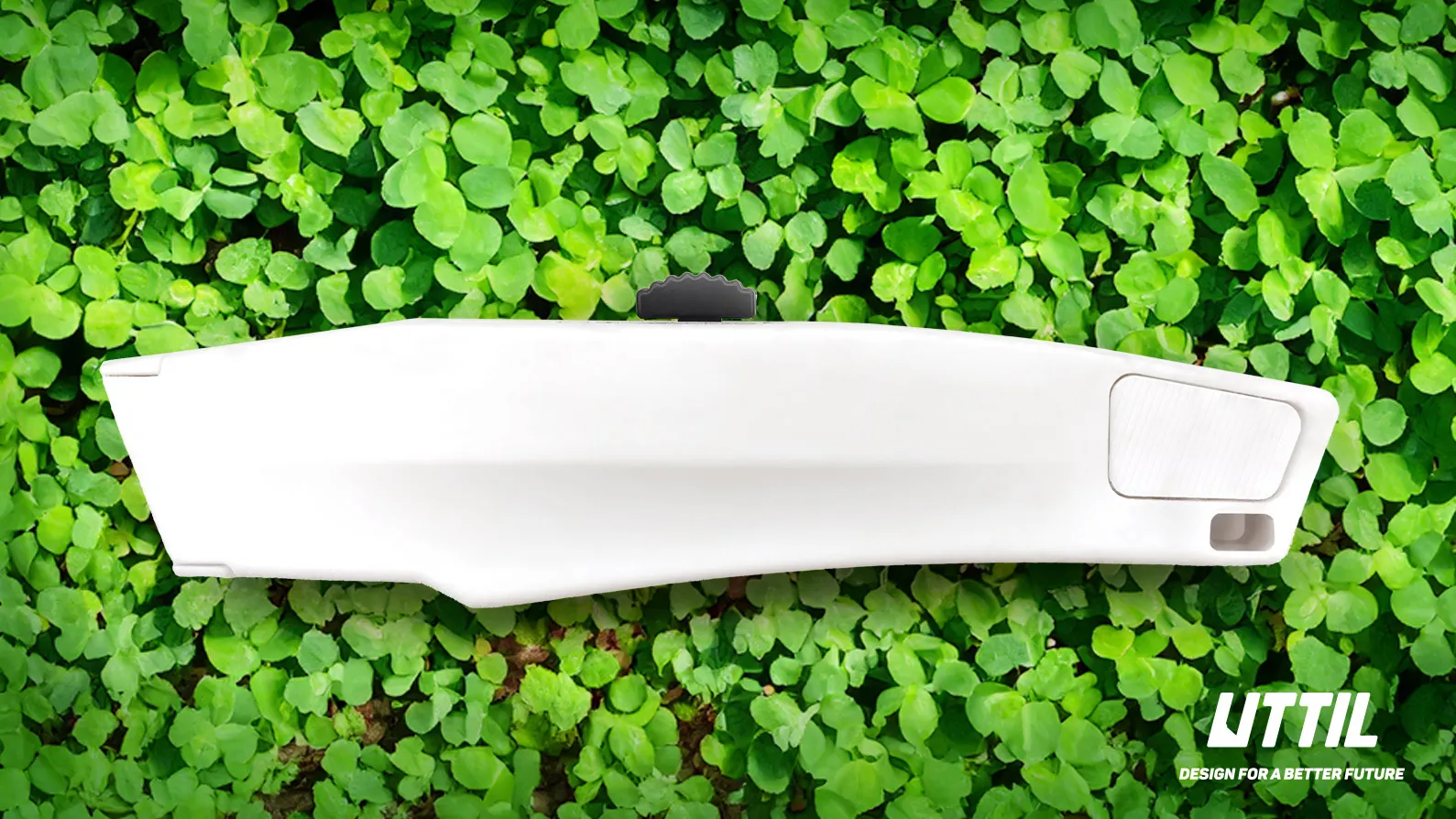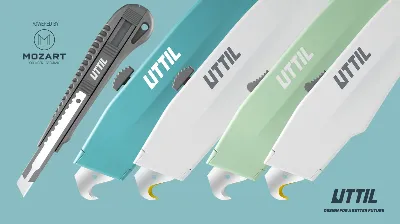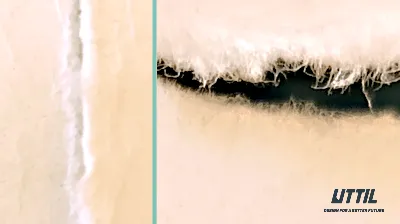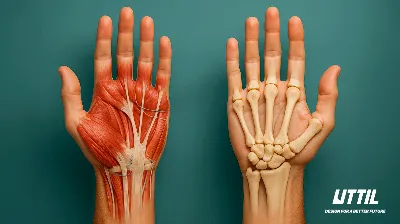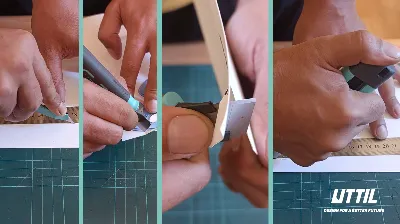UTTIL's Holistic Strategy for Environmental Responsibility.
UTTIL is proactively working on multiple
fronts to tackle the environmental challenges of using plastics and producing
hand tools. Let us now summarise each of UTTIL's actions:
Material Innovation:
UTTIL's R&D efforts aim to discover new
materials or utilise found raw materials that can reduce the consumption of
petroleum-based plastics, which is a critical step in minimising the
environmental footprint of its products. UTTIL is actively trying to get
to the root of the plastic problem by using alternative materials.
Chemical
Structure:
UTTIL ensures that all products it uses are clean
enough to be in contact with food, regardless of their nature. When we say
contact with food, we mean using chemical materials that are not likely to
threaten human health within the framework of international regulations. All
raw materials used in UTTIL products are REACH and/or RoHS
certified by their nature. UTTIL makes the utmost effort to keep
chemicals that harm humans and nature away from all its products and production
processes, and all UTTIL products are 100% recyclable. Although UTTIL
makes maximum effort to ensure that its products do not contain substances such
as dioxins, phthalates, lead, chromium, nickel, etc., which have been declared
harmful, UTTIL continuously audits and regulates its manufacturing to
keep the chemicals required for production within the limits determined by the
regulations and even below these values when possible.
Product Design for Longevity:
UTTIL ensures customers do not need to replace them
frequently by designing tools for long-term use. This approach provides
economic benefits for the customer and reduces waste.
Recycling Program:
A recycling programme in its manufacturing
processes strongly indicates UTTIL's commitment to the circular economy.
This approach helps minimise waste by ensuring that production residues are
reused and recycled to the maximum extent without affecting quality standards.
Production Losses:
Plastic raw materials usually enter the
warehouse in lentil-sized pieces in sacks. These plastic particles can be
scattered around, no matter how much attention is paid during the processes,
from stacking in the warehouse, opening the pack for production, putting it in
and out of the drying oven, to loading it into the melting furnace. Reasons
such as rupture of the sack, loss of balance, leaving the mouth of the mixing
vessel open, loss of balance of the tray coming out of the drying oven, and
carelessness of the employee caused such scattering.
A large part of the industry includes these
losses in the wastage rates. Still, these scattered parts, which have lost
their quality of use by contamination, are swept or thrown into the factory
garden, waste sewerage, or, at best, the garbage heap. These scattered parts
also cause environmental pollution by mixing with nature and the ocean. On the
other hand, the enterprises that recycle the production waste recycle the waste
back to production by separating them into small pieces in various crushing
machines. During this process, some plastic turns into micro-plastics which
cannot be processed, and some turn into nano-plastics that even mix into the
air.
UTTIL has voluntarily taken measures
to prevent these leaks and training its workforce. By taking such steps, UTTIL
manages to avoid leaks of microplastics in the recycling area and to transfer
the raw material to the production area without scattering. All employees meticulously
monitor how to collect the raw material in case of possible spillage and how to
dispose of the collected unusable raw materials.
Consumer Education:
Educating consumers about the materials UTTIL uses in its products is the
key to raising sustainability awareness. In this way, customers can make more
informed decisions by considering the environmental impact of the products they
purchase.
Together,
these efforts show that UTTIL is committed to sustainable practices and
is an example of how companies can incorporate sustainability into their
business models.
By working on innovative use of materials,
longer product lifetime, recycling initiatives and consumer education, UTTIL continues
its endeavour to take a comprehensive and informed approach to the problem of
plastic waste from many angles.

